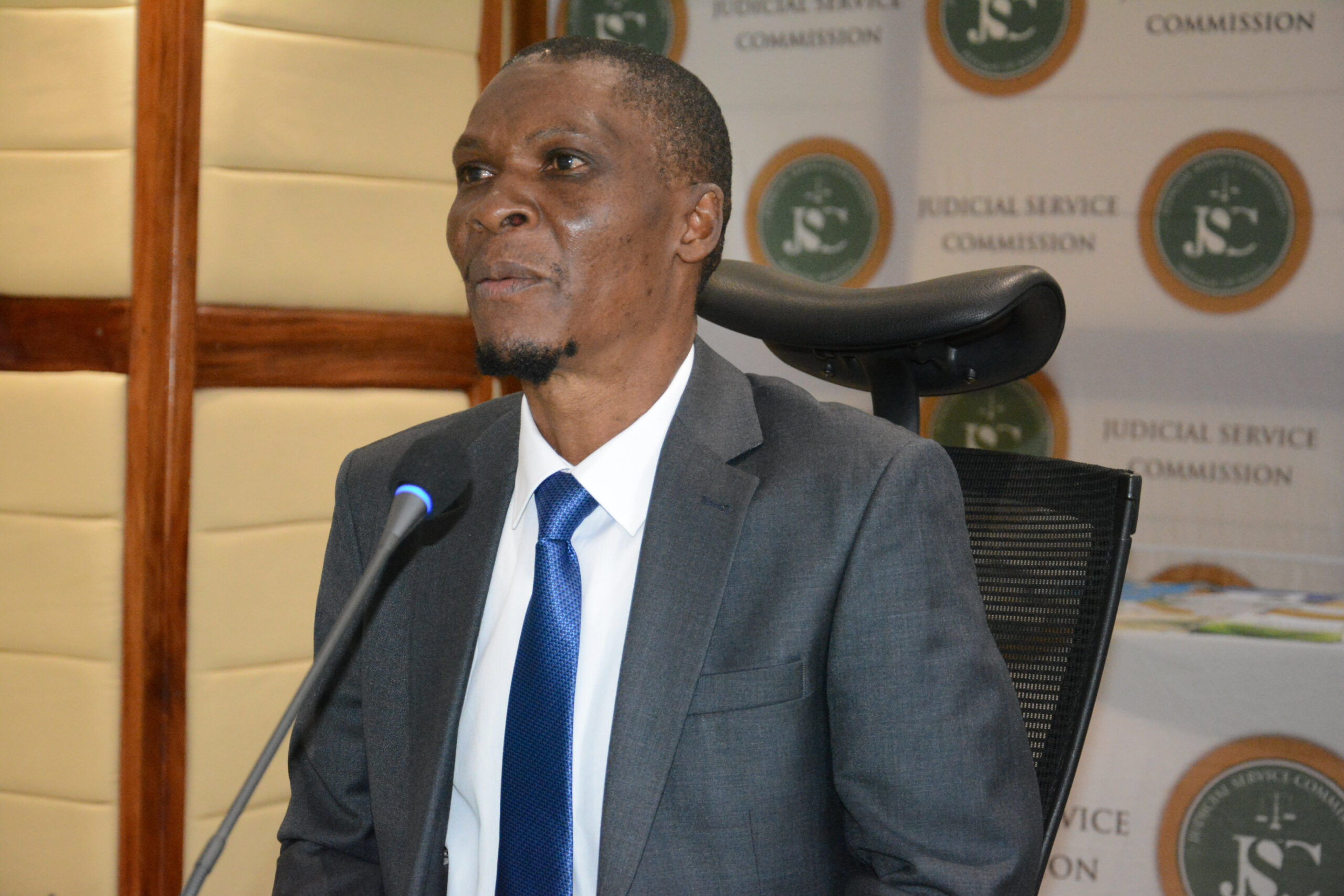
BY SAM ALFAN .
The High Court has frozen Sh14.7 million suspected to have been siphoned from Kenyatta National Hospital (KNH) and which a state agency says is proceeds of crime.
Justice Prof Nixon Sifuna froze the accounts belonging to Escobar Kenya limited and Eric Nguku Mbiu following an application by Assets Recovery Agency (ARA).
The money is being held at National Bank of Kenya and the court issued orders prohibiting the company and Mbiu, his agents or employees from transacting, withdrawing, transferring or dealing in any manner howsoever the said money.
According to the agency Sh14,280,345 are held at a Bank in the name of Escobar Kenya ltd while Sh358,556.33 is registered in the name of Mbiu.
“This court so issue preservation orders prohibiting Escobar Kenya ltd and Mbiu , its representatives , employees, agents , servants or any other person acting on their behalf from transacting , withdrawing, transferring or dealing in any manner howsoever in respect of any profits derived or accrued from funds specified,” ordered Judge Sifuna.
The orders will remain in force for a period of ninety days.
The agency said Mbiu who is the director of Escobar Kenya Limited is suspected to be part of a syndicate involved in a money laundering scheme, after fraudulently diverting the funds from KNH. The funds were intended for repayment of KNH staff loans.
According to the investigating officer Kipkurui Serem, Mbiu’s company was registered in 2014 and Mbiu is the sole signatory and ultimate beneficiary of his company’s account.
He also holds a personal account at the same bank which holds Sh 358,556.33.
The court heard that the company’s account received Sh 34,441,587.35 on 7th June 2023.
“Preliminary investigations established that the funds originated from Kenyatta National Hospital,” the investigator said.
KNH confirmed vide a letter dated 14th September 2023 that the Sh 34 million which was designated for their NBK Harambee Avenue loan account was diverted to Mbiu’s company account held at the said bank.
The investigator added that after the funds were received in the said account, the respondent withdrew Sh 21,161,241.55 in cash.
Mbiu, in support of the funds received from the hospital, explained the money was received pursuant to a tender for the supply, delivery, installation, testing and commissioning of interventional radiology issued by KNH and provided supporting documents which included a local purchase order dated 13th October 2022.
The respondent is alleged to have confirmed the same to the investigators in his recorded statement dated 3rd October 2023.
According to investigations, the said tender had been advertised by KNH for the proposed construction and equipping of interventional radiology suite.
However, the said tender was cancelled and the same communicated to the bidding companies vide a letter dated 8th March 2023.
It was also established that the respondent did not receive the cancellation letter since he had not submitted a bid for the tender as evidenced by the tender opening register.
A forensic examiner established that the documents submitted by Mbiu in support of the said tender were forged.
“Further preliminary investigations have established that the respondent colluded with KNH staff to transfer Sh 34,441,587.35 from Kenyatta National Hospital to the 1st respondent’s bank account by use of forged documents,” officer Serem told the court.
In addition, investigations revealed that the fraudulent transfer of the said funds was executed by altering entry number 62 of the payroll administration account no. 01003058005000.
Serem said that the fraud was executed by maintaining the beneficiary institution name as National Bank of Kenya Limited but altering the beneficiary account number to include 01037134639000 held at the said bank in the name of Escobar Kenya Limited.
He added that there is reasonable grounds to believe that respondent’s bank accounts were used as conduits of money laundering in an effort to conceal and disguise the nature, source, disposition or movement of the illicit funds.






